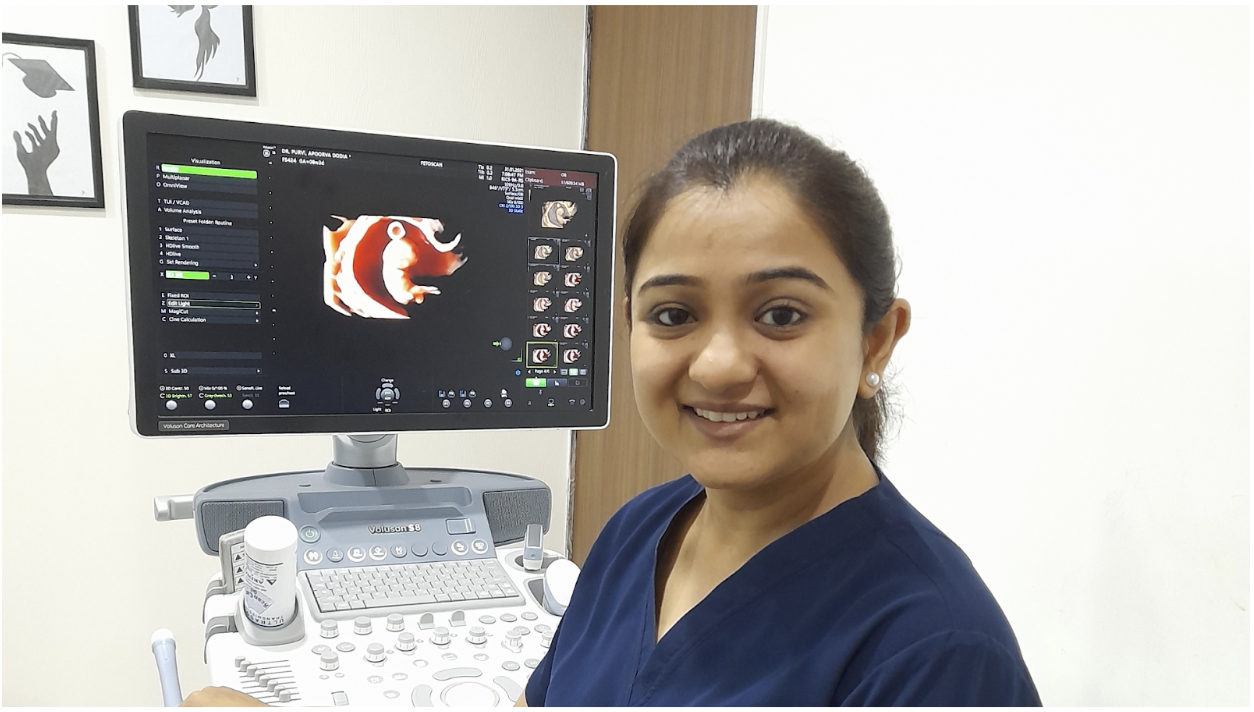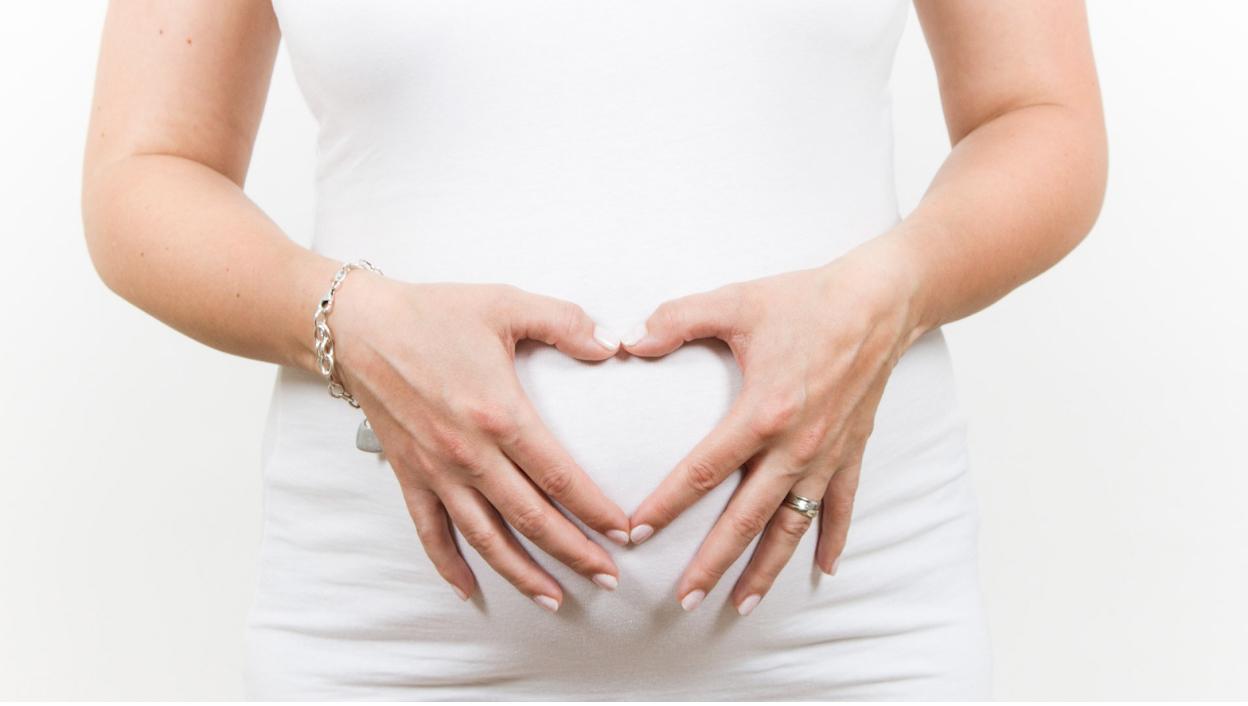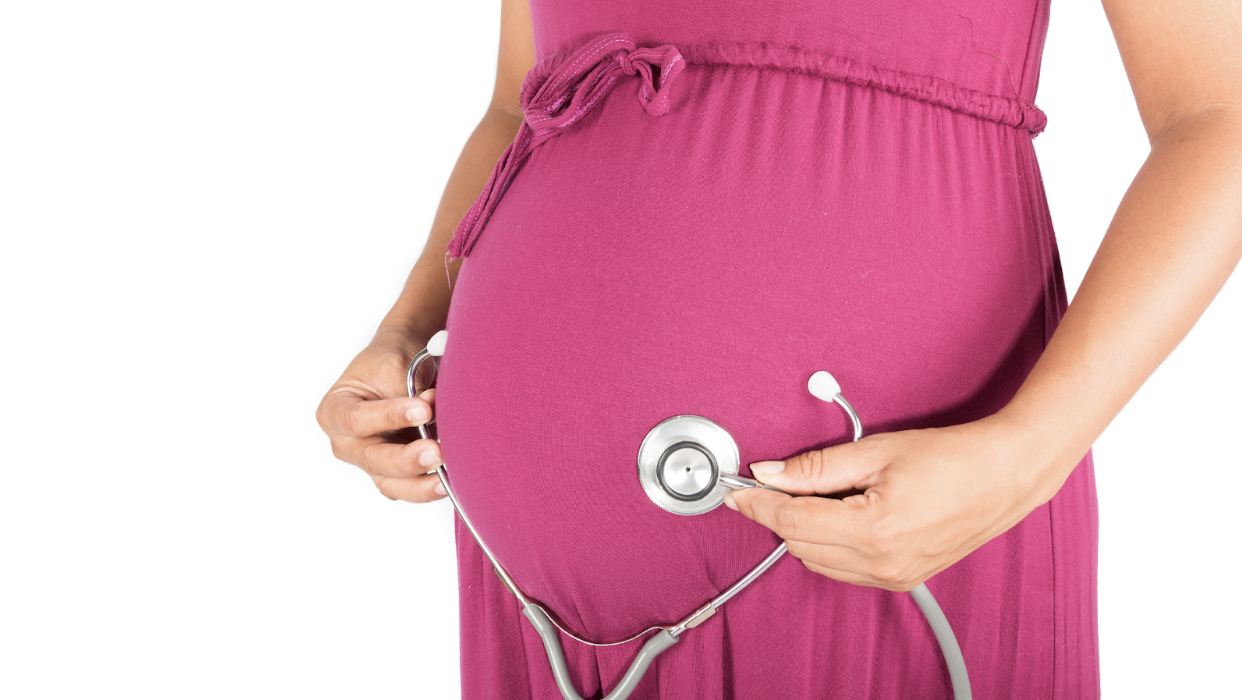Typically humans have 46 chromosomes in each cell. Instead, if there are 47 chromosomes (due to an extra full or partial copy of chromosome 21), Down syndrome occurs. These children may have a variable degree of intellectual disability, heart and gastrointestinal problems, and other abnormalities.
Can you detect down syndrome before birth?
Fetal chromosome analysis is the only sure way to know if the fetus has Down syndrome. If Down syndrome screening shows a higher chance of Down syndrome, you may want to take a diagnostic test to confirm or rule out the diagnosis. For this, a direct test of the baby’s fluid (amniocentesis) or placenta (chorionic villus sampling) needs to be done.
Will the First-trimester screening detect down syndrome?
Down Syndrome occurs in about 1 in 700 births. The First Trimester Screening(FTS) is a prenatal screening test that offers early information about a baby’s risk of chromosomal conditions, specifically, Down syndrome. The appropriate time to undertake FTS is typically between weeks 11-14 of pregnancy.
How does the FTS test work?
The fetal medicine expert will routinely evaluate the baby for a chance of Down syndrome: The baby’s nuchal translucency (fluid behind the neck of the baby) is measured along with the bright nasal bone and the levels of two hormones produced by the baby [free Beta hCG and PAPP-A] is considered: these measurements along with your age will be used as a parameter to evaluate the baby’s risk for down syndrome.
Can down syndrome be detected after 14 weeks?
If you have missed the window to undergo the Double marker screening test and would still like to be screened for Down Syndrome, the next best option is to go for an ‘early pregnancy anomaly scan’ followed by the Quadruple Screening Test (QST). The Quadruple screening test and a detailed ultrasound scan are sufficient to reassure most pregnancies.
Is it mandatory to undergo a down syndrome test?
No, it is not mandatory to undergo Down Syndrome screening. The fetal medicine specialist will explain to you in detail the options available, and you can decide if you want to undergo the screening test. A screen-positive result does not mean the baby is affected. A screen positive test only indicates that a further confirmatory test may be required.
Another essential thing to remember is that no screening test can detect all cases of Down syndrome. This means that when the indirect test says screen negative, it says that the chance of the baby having Down syndrome is very low. In short, a properly conducted FTS or a QST along with a normal target scan can reliably reassure most women. However, the choice of undergoing the screening test is always yours.
Down syndrome screening by fetal medicine expert in India
Fetoscan is an advanced fetal care center located in India. With state-of-the-art technology handled by experienced doctors, patients can access the best fetal care and diagnosis. They provide a comprehensive range of prenatal testing and fetal interventions performed by well-trained and experienced medical professionals.
Book your appointment here: https://fetoscan.in/





